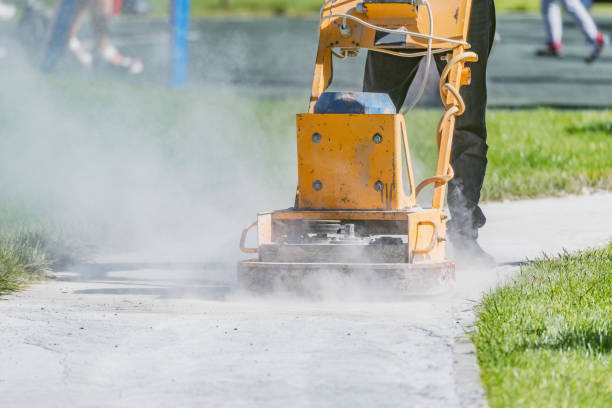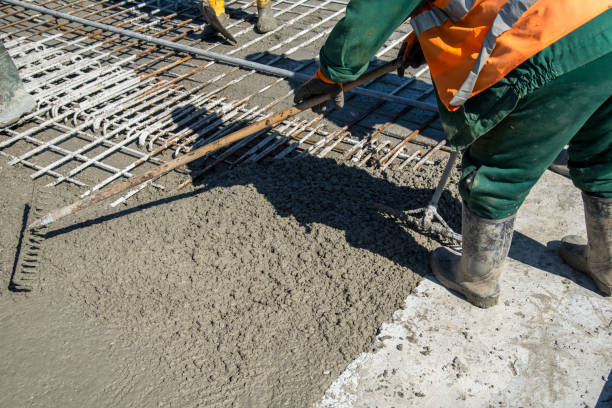This services offer several benefits that make them a popular choice for construction and maintenance projects. Some of the key advantages of this services include:
Durability and Longevity: This is renowned for its exceptional durability and longevity. It can withstand heavy loads, harsh weather conditions, and everyday wear and tear, making it an ideal choice for various applications. Properly installed and maintained concrete structures can last for decades, providing a reliable and long-lasting solution.
Versatility: This is a highly versatile material that can be molded into different shapes and sizes to suit various construction needs. It can be used for a wide range of applications, including foundations, slabs, driveways, sidewalks, walls, and more. With decorative techniques like stamping, staining, and coloring, concrete can also achieve a wide array of aesthetic finishes, offering flexibility in design options.
Cost-Effectiveness: This services often provide cost-effective solutions for construction projects. The availability of this as a widely used construction material keeps the costs relatively lower compared to alternative materials. Additionally, its durability and low maintenance requirements help minimize long-term repair and replacement expenses, making it a cost-efficient choice over the lifespan of the structure.
Strength and Structural Integrity: This is renowned for its strength and ability to provide excellent structural integrity. It can withstand significant loads and stresses, making it suitable for constructing sturdy foundations, walls, and other load-bearing structures. This strength ensures the safety and stability of the constructed elements.
Fire Resistance: This is inherently fire-resistant, offering an added layer of protection in case of fire incidents. It does not burn, melt, or release toxic fumes when exposed to high temperatures. This fire resistance can contribute to improved safety and reduced property damage in fire-prone areas.
Energy Efficiency: It has inherent thermal mass properties, allowing it to absorb and store heat effectively. This thermal mass helps regulate temperature fluctuations, leading to increased energy efficiency in buildings. This structures can provide better insulation and reduce energy consumption for heating and cooling, resulting in cost savings and environmental benefits.
Low Maintenance: This surfaces typically require minimal maintenance, especially when compared to other materials. Regular cleaning and periodic inspections are usually sufficient to keep concrete in good condition. Sealing the surface can further protect it from moisture, stains, and other forms of damage, extending its lifespan and reducing maintenance requirements.
Sustainability: It is considered an environmentally friendly choice due to its low environmental impact and recyclability. The materials used in concrete production, such as cement and aggregates, can be sourced locally, reducing transportation emissions. Additionally, concrete can be recycled and reused, minimizing waste and conserving natural resources.
This services offer a host of benefits, including durability, versatility, cost-effectiveness, strength, fire resistance, energy efficiency, low maintenance, and sustainability. These advantages make concrete a preferred choice for a wide range of construction projects in both residential and commercial settings.





